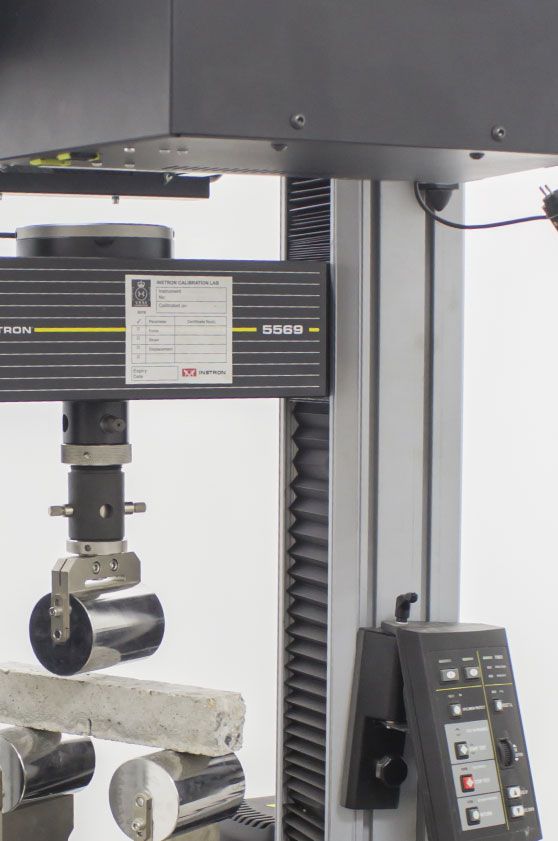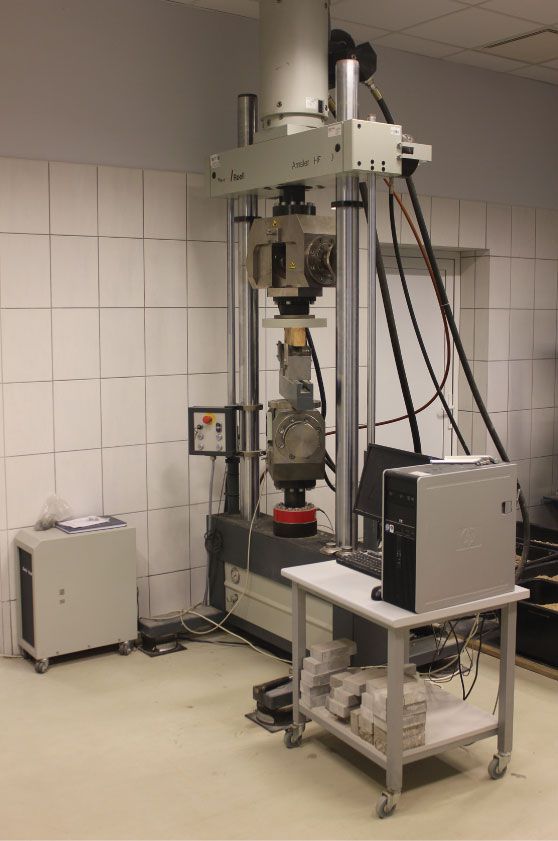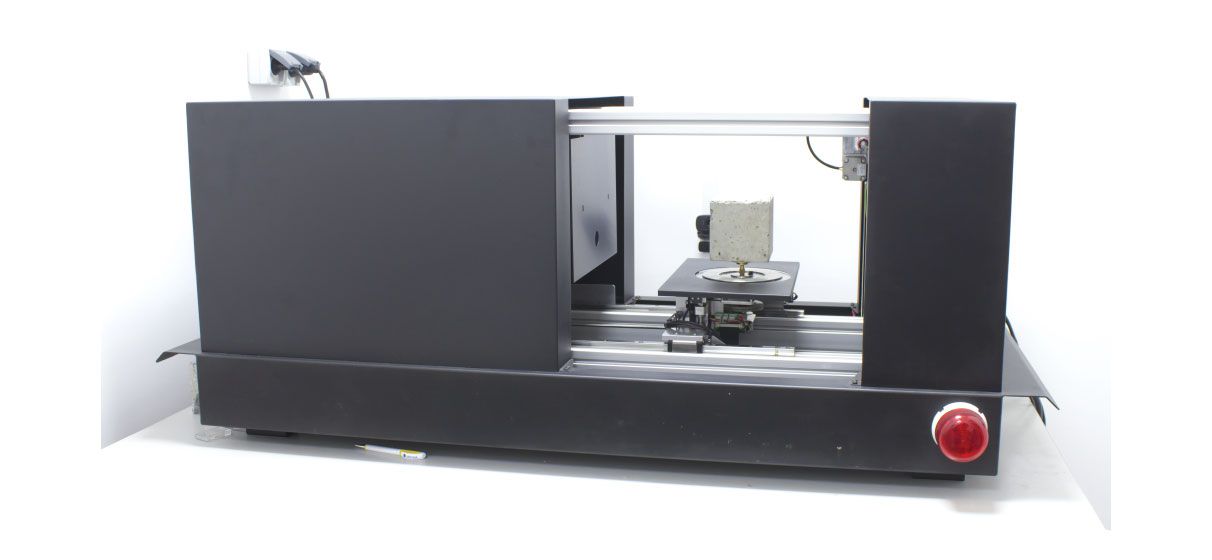Katedra Budownictwa i Inżynierii Materiałowej

Homepage
https://wilis.pg.edu.pl/web/katedra-budownictwa-i-inzynierii-materialowej/strona-glowna open in new tabAssociated units:
Business contact
- Location
- Al. Zwycięstwa 27, 80-219 Gdańsk
- Phone
- +48 58 348 62 62
- biznes@pg.edu.pl
Team

Waldemar Affelt
dr inż.
Krzysztof Arendt
dr inż.
Sławomir Dobrowolski
mgr inż.
Krzysztof Drąg
dr inż.
Jarosław Florczuk
dr inż.
Eugeniusz Grześ
mgr inż.
Ewelina Korol
dr hab. inż.
Jan Kozicki
dr hab. inż. arch.
Maria Krogulecka
mgr inż.
Marek Krzaczek
dr hab. inż.
Ireneusz Marzec
dr hab. inż.
Michał Nitka
dr hab. inż.
Karol Rejowski
mgr inż.
Łukasz Skarżyński
dr hab. inż.
Jan Suchorzewski
dr inż.
Michał Wójcik
dr hab. inż.Introduction
The Department responsibilities mainly cover the load-bearing capacity assessments and fracture of concrete, reinforced concrete (RC), steel, composite, timber and material composite structures under quasi-static, dynamic and fatigue conditions, micro-structure of building materials, silo structures and granular flow behaviour, heat and mass transfer through building structural elements, energy-saving buildings and self-balanced building systems. The Department is experiencedin experimental research works and numerical computations based on FEM, XFEM, DEM and CFD methods. Several scientific research works were performed in the framework of national and international projects co-financed by the National Science Centre, National Centre for Research and Development and European Union. The domain of qualification and professional certificates of Department workers supplemented by laboratory equipment makes it possible to offer a vast rangeof industry-oriented design-expert services. The details on scientific research achievements of the Department workersare available at the MOST Wiedzy website.


Equipment
- Load-testing machines INSTRON 10 kN and 50 kN.
- Five-range static strength press 100-1600 kN.
- Fatigue-oriented dynamic strength-testing machine
Zwick 250 kN. - Micro-computed tomography system SkyScan 1173.
- Scanner Hilti Ferroscan to find reinforcement in concrete structures.
- Device Rapid AIR 457 to assess the pore structure in hardened concrete.
- Drilling machine with diamond crowns 50/100/200 mm.
- Thermal chamber of temperature range from -40°C
up to +190°C and climatic chamber CTS C-70/1500. - Thermovisual cameras FLIR SC660 and FLIR E300.
- Devices to assess the coefficient of heat conductivity in the range 0.005-10 W/(m·K).
- System to heat-humidity and climatic parameter
measurements. - Computational cluster HPC supplemented by the software
ANSYS CFD, ABAQUS and INTEL Cluster Composer.
photo:
Strength-testing machine Zwick Amsler HB 250 directed to fatigue experiments
Service domain
Technical advice:
- Correctness analyses of worked technical documentation in the light of convergence with actual standards, law rules
and technical routine fundamentals. - Advice in the domain of conducted building works and material quality intended for structural erection.
- Working out concreting technology for massive 3D concrete and reinforced concrete members.
- Providing inventory and actual technical assessment and monitoring of building structures in the vicinity of conducted
building investments.
Engineering structures:
- Numerical static and dynamic analyses of engineering structures (concrete, reinforced concrete, steel, composite, timber,
composite material). - Numerical fracture analyses in concrete and reinforced concrete members with continuous and sparse reinforcement.
- Numerical stability studies of metal structures.
- Numerical simulations of heat and mass transfer processes through structural building elements and airflow analyses.
- Heat-humidity diagnostics (thermovision investigations, surface and in-depth temperature and humidity measurements
of building materials, measurements of climatic parameters). - Scanning of reinforcement embedded in structures to assess its diameter, spacing and protective depth of reinforcing bars.
- Reports, technical statements and expert opinions on actual technical conditions of building structures.
- Renovation and modernization projects.
Building materials:
- Investigations on technical parameters of building materials (strength, absorbability, frost resistance, abrasion,
vapour permeability, heat conductivity). - Non-destructive investigations of material micro-structure using micro-computed tomography.
- Destructive concrete testing – compressive and flexural strength with „pull-out” in-situ procedure, adhesion „pull-off” test and concrete homogeneity test with sclerometric method.
- Pore structure investigations in hardened concrete.
- Watertightness of concrete measured in-situ by GWT device.
- Comprehensive tests on aggregate for concretes and mortars.
- Investigations of industrial floor component materials.
- Material thermal stability assessments.
photo:
X-ray micro-tomography station Skyscan 1173 to investigate the three-dimensional microstructure of engineering materials

Research topics
- budownictwo ogólne i przemysłowe
- materiały budowlane, chemia budowlana
- konstrukcje drewniane i zespolone
- remonty i modernizacje konstrukcji budowlanych oraz fizyka budowli
Oferta usługowa
Oferta badawcza
- Beton i żelbet:
- Silosy i materiały sypkie:
- Fizyka Budowli:
- Grunty i skały:
- Inne:
Verified by
seen 2770 times


